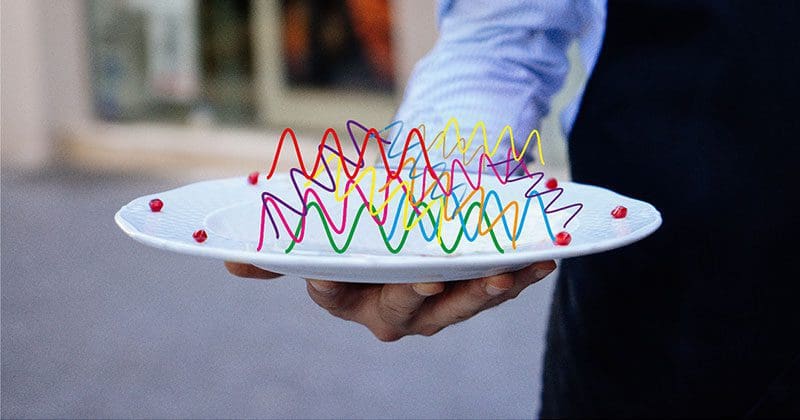If you’re planning on having someone upgrade the stereo system in a late-model car or truck, you need to know about all-pass filters. Sometimes called phase EQ or phase rotator filters, this type of signal processing is used in multichannel audio systems to help deliver improved frequency response at the listening position. The concept can be complicated for those who aren’t intimately familiar with how signal phase works, but that doesn’t change the need to understand how all-pass filters affect aftermarket audio system upgrades.
What Is an All-Pass Filter?
An all-pass filter passes audio signals without affecting the frequency response. What the filter does do is change the phase of the signal.
Phase is a complex topic. In simple terms, phase is the relationship between two waveforms. If you’re sitting at home in your living room, listening to a nice stereo audio system, the sound coming from both speakers is, for the most part, equal in amplitude (volume) and phase (start and stop times).
If one of the speakers were to be wired backward, we call that “out of phase,” or more correctly, “reversed polarity.” When the sound coming from one speaker is backward, the sound waves cancel the sound from the other speaker. In most cases, this eliminates the bass and dramatically diffuses the center image.
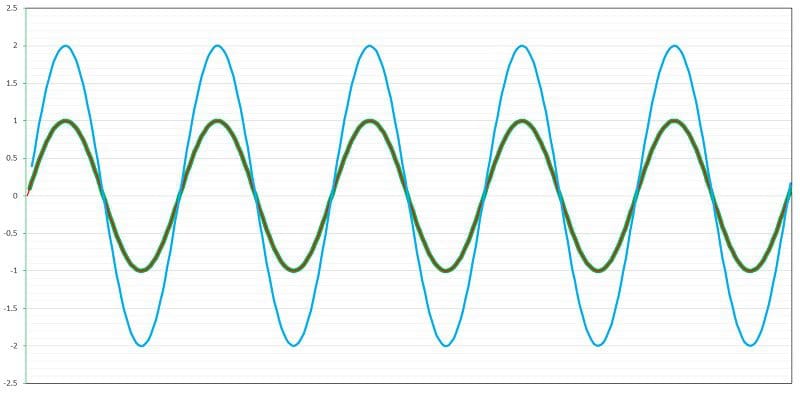
Phase in a Car Audio System
Our car stereos are quite different than a home audio system. As drivers, we sit very close to the left-side speaker. As such, we naturally hear sound from that speaker before hearing the sound from the right side. Because we are much closer to it, we also perceive the left-side speaker as being louder. If the audio system isn’t calibrated for these conditions, most of the sound will appear to come from the left side of the vehicle. You can test this at home. Sit equidistant from the speakers in your home stereo system. Pay attention to where it sounds like the music is coming from. Now move closer to the left-side speaker so that the distance between it and you is a quarter of the distance to the right-side speaker. You’ll barely hear the right channel. That’s how most basic car audio systems work.
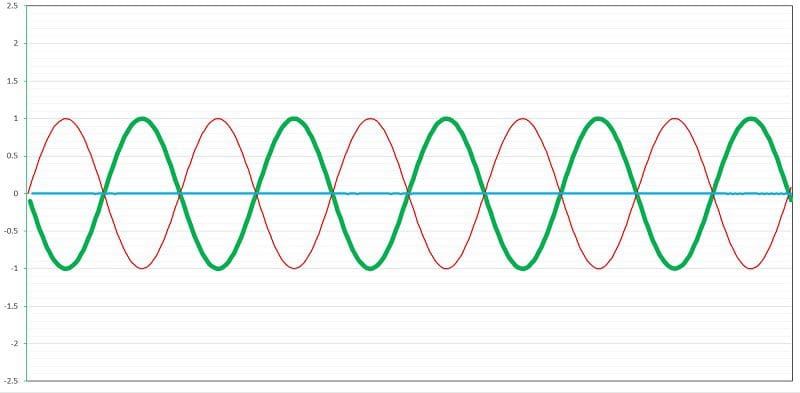
Phase and Frequency Response
The differences in pathlength from one speaker to the other do more than just change the amplitude and arrival time of the signal; they change the perceived frequency response.
All sounds have specific wavelengths. When two sounds coming from different sources are in phase, the signals add. When the sounds are out of phase, the signals subtract. When we sit closer to one speaker than the other, some frequencies add, and some subtract. You can use simple math to calculate which frequencies subtract, but we aren’t going to get into that here.
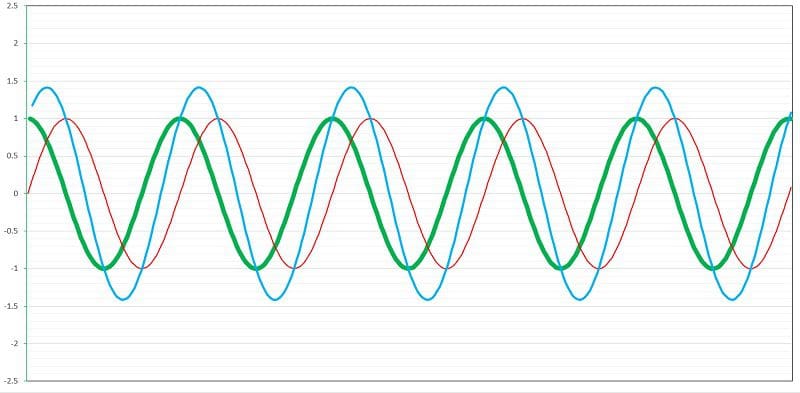
How All-Pass Filters Fix Frequency Response Problems
The goal of the companies designing audio systems that come with the cars and trucks we purchase is to deliver the best sound possible, given the restraints of the vehicle design and budget. These companies have the tools to analyze not only the output of each speaker but to understand how each speaker in an audio system interacts with the others.
The goal of these audio systems is to deliver a smooth frequency response and good imaging. If they know there is a dip in the frequency response at the listening position because of pathlength differences between the speakers, they have two choices to resolve the issue: signal delay or all-pass filters.
Delaying the output from the closest speaker so that the sound it produces arrives at the listening position at the same time as the sound from the other side speaker works great. If the output level is also matched, it can seem as though you are sitting exactly between the speakers. The drawback is that the person in the passenger seat ends up with a mess – the passenger experiences terrible imaging and poor frequency response. We refer to a car audio system that uses signal delay to create a soundstage as having a “one-seat tune,” as only one seating position will sound good.
Option two is to use all-pass filters at the frequencies that are canceling. By shifting phase at the frequencies where cancellation occurs, the sum of the left and the right signals add instead of subtract. More and more factory-installed audio systems are using all-pass filters to deliver a good listening experience for both the driver and the passenger.
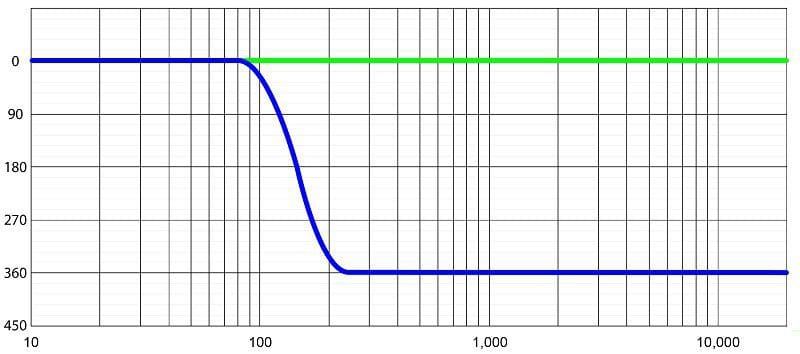
All-Pass Filters and Audio System Upgrades
If you’re planning on having the stereo in your car or truck upgraded, one of the many things your installer needs to check for is all-pass filters. Once they have confirmed whether or not your stereo has this feature, they can tailor the audio system upgrade to work with it, or they can choose to work around it. If you are bypassing a factory amplifier with a Zen Audio, AmpPro or Maestro AR interface, then the filters won’t be part of the new system. Your installer will have to apply an appropriate amount of calibration with a DSP to recreate a good soundstage and smooth frequency response.
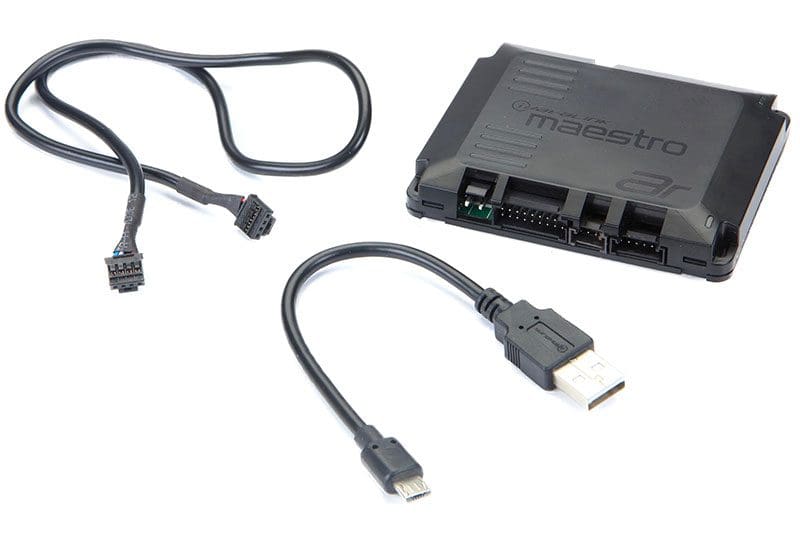
If there’s no way to bypass the amp in the vehicle, then your best bet is to add a DSP that will accept the output from the amp, then feed the output of the DSP into a new amplifier and new speakers. The installer can fine-tune the frequency response of the system. What he or she can’t do is use signal delay to change the imaging. Doing so, without bypassing the filters (by removing the factory amp), will make a mess.
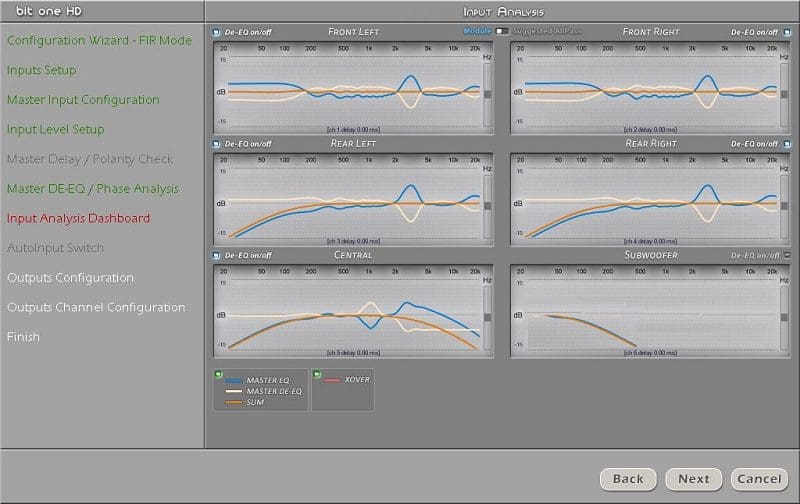
There is a third option. Some signal processors claim to be capable of removing all-pass filters used in factory amplifiers. The Audison bit ONE HD Virtuoso and the new Kicker KEYLOC can remove all-pass filters. More likely, they add additional filters to the opposite channel – but the net effect is the same. You end up with a signal that can be used almost any way your installer wants.
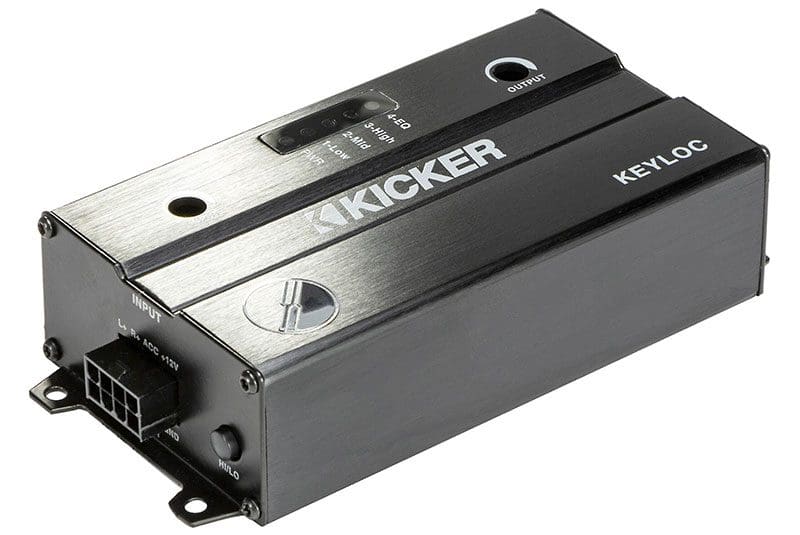
Choose Wisely When Deciding Who’ll Upgrade Your Factory Car Stereo
As we’ve mentioned numerous times, upgrading the audio system in a modern car or truck is no easy feat. There are potentially equalization, signal delay and all-pass filter processing issues to worry about from an amplifier. Those are just the tip of the iceberg. Choosing the right shop to work on your vehicle is more important than the products you choose. Shop wisely and ask a lot of questions. Start with a local specialty mobile enhancement retailer and see just how amazing your car stereo can sound.
This article is written and produced by the team at www.BestCarAudio.com. Reproduction or use of any kind is prohibited without the express written permission of 1sixty8 media.

